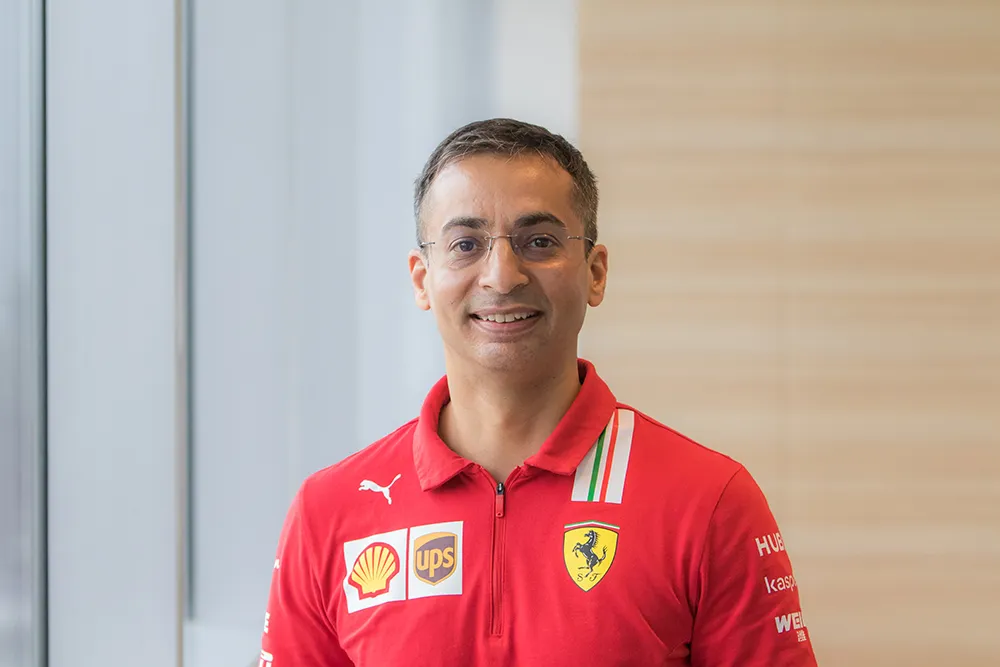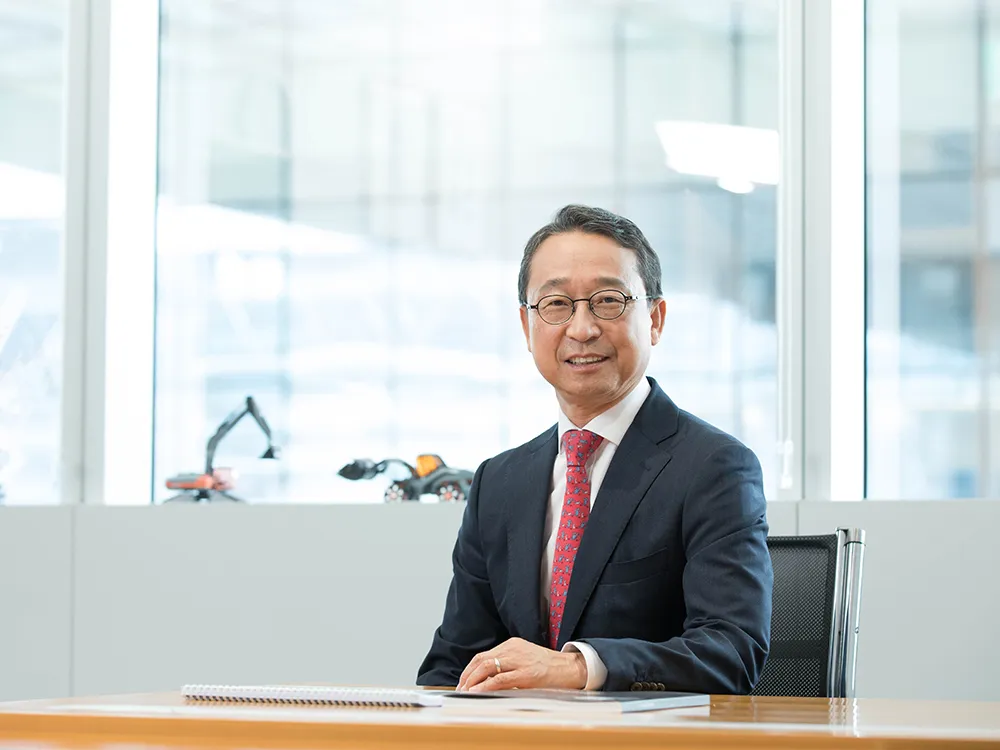Critics of Europe’s push towards biofuels are pointing out that the strategy is boosting the cost of foodstuffs around the world. The combination of drought and high grain prices are fuelling a growing clamour within Europe that is criticising the policy on boosting biofuel use. This comes on top of strong evidence that biofuel use does not reduce carbon dioxide emissions and may in fact be counter-productive. The claims are nothing new. A World Health Organisation (WHO) report strongly criticised the move
December 11, 2012
Read time: 3 mins
Critics of Europe’s push towards biofuels are pointing out that the strategy is boosting the cost of foodstuffs around the world.
The combination of drought and high grain prices are fuelling a growing clamour within Europe that is criticising the policy on boosting biofuel use. This comes on top of strong evidence that biofuel use does not reduce carbon dioxide emissions and may in fact be counter-productive. The claims are nothing new. A3263 World Health Organisation (WHO) report strongly criticised the move towards biofuels, pointing out that the policies were ill-thought out and poorly planned, resulting in spiralling food prices particularly in developing nations where low income families suffer the most. The 2465 European Commission may well be forced to ensure that biofuels being used in the 1116 European Union do not impact on food production or result in negative environmental changes.
The6492 UN Food and Agriculture Organisation has asked for a suspension of US ethanol quotas. This follows on from the worst drought to hit the US agricultural sector in more than 50 years and its impact on corn supplies and prices. Until the US election has been concluded, a change in US policy looks unlikely. But there
are strong concerns that EU biofuel targets impact on the commodities markets by increasing pressure on supply at a time when producers are less able to respond.
The EU’s biofuel target is inflexible and this can boost food prices, especially as 65% of our vegetable oils are being converted into biodiesel, according to some environmental groups. In the EU, biofuels form part of the strategy to lower carbon emissions. But research shows biodiesel can actually be worse for the climate than fossil fuels.
EU member states are planning that bioenergy, including biomass for power generation and biofuel for transport, will provide more than 50% of the EU share of renewable energy as part of 2020 climate goals. But the EC has also said it opposes any policy that inflates food prices. At this stage, the EC has not found a way to ensure that its policy of using biofuels impacts on food prices though. But internally the EC’s own Energy Commissioner is opposing a target of deriving 10% of transport fuel from biofuels, as part of an overall goal to get 20% of energy from renewable sources by 2020.
The combination of drought and high grain prices are fuelling a growing clamour within Europe that is criticising the policy on boosting biofuel use. This comes on top of strong evidence that biofuel use does not reduce carbon dioxide emissions and may in fact be counter-productive. The claims are nothing new. A
The
are strong concerns that EU biofuel targets impact on the commodities markets by increasing pressure on supply at a time when producers are less able to respond.
The EU’s biofuel target is inflexible and this can boost food prices, especially as 65% of our vegetable oils are being converted into biodiesel, according to some environmental groups. In the EU, biofuels form part of the strategy to lower carbon emissions. But research shows biodiesel can actually be worse for the climate than fossil fuels.
EU member states are planning that bioenergy, including biomass for power generation and biofuel for transport, will provide more than 50% of the EU share of renewable energy as part of 2020 climate goals. But the EC has also said it opposes any policy that inflates food prices. At this stage, the EC has not found a way to ensure that its policy of using biofuels impacts on food prices though. But internally the EC’s own Energy Commissioner is opposing a target of deriving 10% of transport fuel from biofuels, as part of an overall goal to get 20% of energy from renewable sources by 2020.








